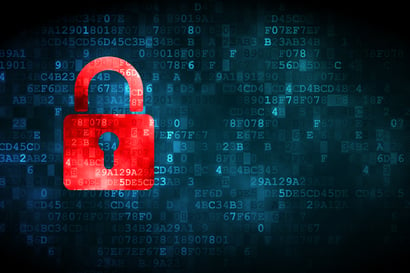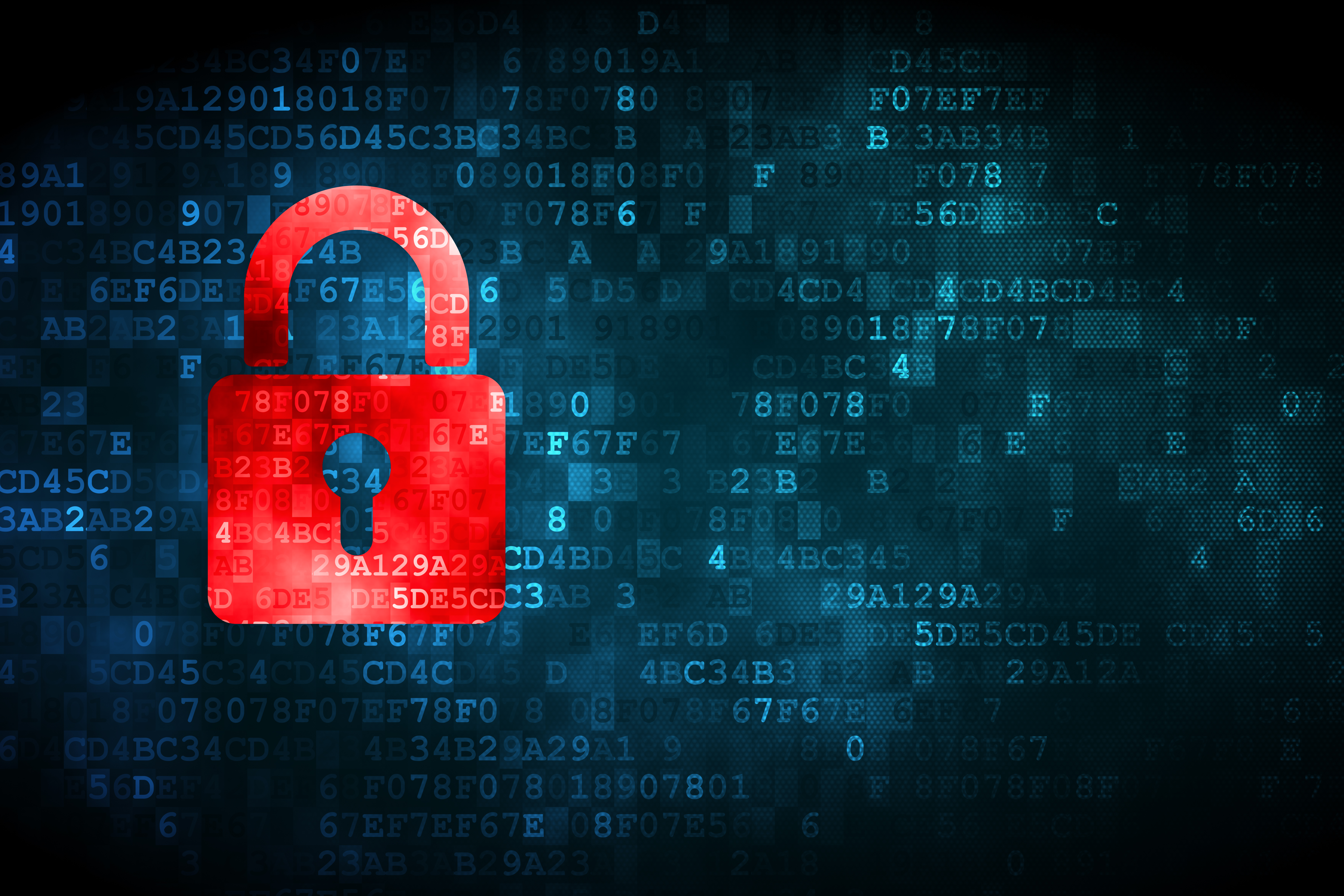 You never know how costly a cybersecurity breach can be until you experience it. While most data breaches we hear about are hits at major corporations, small and mid-sized businesses are frequently targeted as well. In fact, smaller businesses are at a greater risk as they do not have the resources to properly recover from such an ordeal. But no matter what size or type of business you are, there are various essential cybersecurity practices you can learn in order to avoid the possibility of being hacked. The following are security tips and practices for your business to ensure it’s protected as best as possible.
You never know how costly a cybersecurity breach can be until you experience it. While most data breaches we hear about are hits at major corporations, small and mid-sized businesses are frequently targeted as well. In fact, smaller businesses are at a greater risk as they do not have the resources to properly recover from such an ordeal. But no matter what size or type of business you are, there are various essential cybersecurity practices you can learn in order to avoid the possibility of being hacked. The following are security tips and practices for your business to ensure it’s protected as best as possible.
Practice Proper Password Security
The strength of your passwords is vital to the confidentiality of your online information. Hackers will often break into accounts to scam others posing as you, or for financial gain. They can get into accounts by using complex software tools, and the shorter the password, the quicker the program will come up with the combination of characters. In order to better protect your passwords, here are a few tips for your business and employees to follow:
- Use a combination of uppercase and lowercase letters
- Numbers and symbols add strength
- Passwords should be at least 8 characters long
- Try using abbreviations for a more cryptic password
- Change passwords regularly
- Log out of websites and devices when you are finished using them
Malware
Malware or “malicious software” refers to various types of programs written with the purpose of gaining access to a computer for malicious intent, and often without the user’s knowledge. Hackers or cybercriminals use malware to steal personal information for financial gain by accessing debit or credit card numbers, social security numbers, bank account passwords, and more. There are a number of ways your device can be infected with malware, but many times it’s in the form of a website that will attempt to install malware on your device. To better protect your devices from malware, use the following best practices to avoid this malicious form of hacking:
- Avoid suspicious emails, links and websites. Always check you know the sender before opening an email, as malware can be disguised as a download attachment or pop-up ad.
- Clear your downloads and empty your trash regularly. If you move any suspicious emails or downloads to the trash, empty it immediately to avoid lingering malware.
- Create strong passwords. Again, having strong passwords can help you avoid being hacked in the first place, so be sure to keep your passwords secure and change them regularly.
Regularly Back Up Your Data
Data backups have become a vital tool in keeping important information secure from modern-day cybersecurity threats. Not only that, failing to backup data regularly can cause a computer to crash and you could lose everything you have saved. Having your data backed up in a separate location can reduce the risk of having confidential information stolen, so your business should have efficient and modern technology in order to store data safely. Hiring a security system provider can be a good investment to your business, as they provide expertise in helping you improve the overall safety of your technology.
A cyberattack or data breach can quickly damage your business, and can be hard to recover from. The safety of your business should be a top priority, and by implementing these tips and practices you can better protect your business, and spend more time focusing on other factors such as growth, efficiency and customer service.


